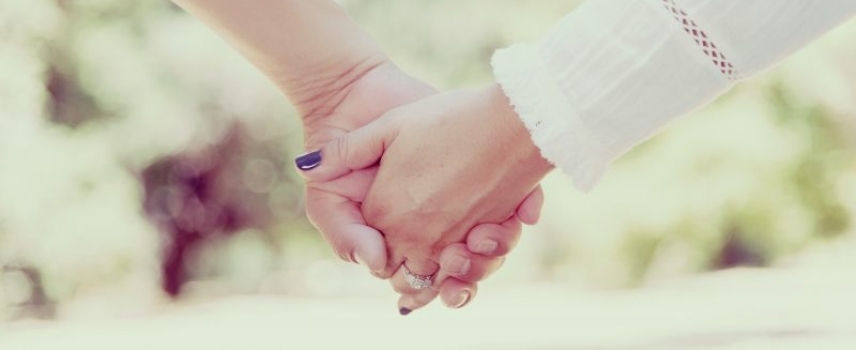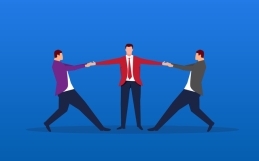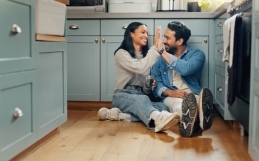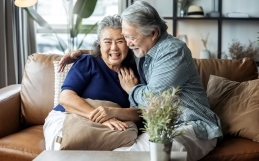“Trauma and our responses to it cannot be understood outside the context of human relationships… The most traumatic aspects of all disasters involve the shattering of human connections. And this is especially true for children…”
-Bruce Perry, MD
As most of us know, our overly socially connected world makes it easy for us to get disconnected from actual human connection and exchange—which is a problem, considering humans are social beings. Think about it: our worst devastations involve the loss of important relationships. So it makes sense, then, that recovery from trauma is also all about relationships by doing things like rebuilding trust, recapturing confidence, gaining a sense of security, and connecting through love. Without real and lasting connections to others, real healing isn’t possible.
Research shows that the heart of therapy is the relationship therapists create with their clients—not their methods, training, or certifications. It’s been proven time and again that people who thrive after a traumatic event do so because of the strong social connections that surrounded and supported them through the hard times. What people who have experienced trauma need most is a healthy community to comfort them through the pain and loss. The quality and authenticity of these relationships creates an unbreakable bond.
You probably don’t need research to tell you that what truly helps people in crisis is consistent, repetitive, unconditional loving care and support. And I’m not referring to well-intentioned people—including therapists—who run in after a traumatic event, pushing people to talk or open up about what happened when they aren’t yet ready. Some of the people who are the most vulnerable are also the least likely to have a healthy, supportive family and community. I’ve seen firsthand that it’s very difficult to provide effective help to those in need through the current systems we have in place. Just as Bruce D. Perry, MD, Ph.D. & Maia Szalavitz state, “Because healthy communities themselves are often what prevents interpersonal traumatic events from occurring in the first place, the breakdown of social connection that is common in our highly mobile society increases everyone’s vulnerability.” Healing from trauma is about restoring these connections, not creating more division.
As humans, our adaptability and strength develops from our ability to combine instinct, emotion, and rational thinking. If we choose to ignore any of these factors, we limit what we can accomplish. This then causes us to not only distance ourselves from each other, but also from the internal resources that are invaluable to our connection with each other and our universe. This leaves us with an empty space—a world of isolation that’s void of the spiritual connection we crave not only to survive, but to have a good life. Without this connection, we can’t heal from the trauma, depression, anxiety, etc. that we experience; we end up building barriers as an attempted solution that doesn’t really work to protect us from more pain and devastation.
The good news is, there’s a lot we can do to heal from trauma and devastation. Instead of finding fear-based ways to divide us, we can form a clear path that moves us toward connection. When we know our values and what the research says about what’s most helpful, we gain an opportunity to provide our children and other trauma survivors real healing, rather than leaving them paralyzed in their pain. All of us come equipped with resiliency and strength that allows us to rebuild our lives no matter what trauma took from us.
Beyond the obvious personal benefits, the bond between people is vital because it helps us heal over time. Knowing the power of connection, we can build healing connections that support our wellness and resilience. This is why I’m not worried about a community like Parkland, which just faced an unspeakable tragedy and is filled with more questions than answers. I’m not worried about the resilience of the people who are now coming together to find solutions and support the people whose lives crashed around them within minutes. Through their connections and the support of millions, time and love will heal their trauma, and much-needed changes will take place. Now more than ever, it’s important for us to connect through our similarities and the common things we all want: to be accepted, not isolated, and heard even when our ideas are different.
Sending out much-needed peace and love to those suffering from trauma. I hope you can find a way to connect once again.
Talk soon,
Dr. Ilene





